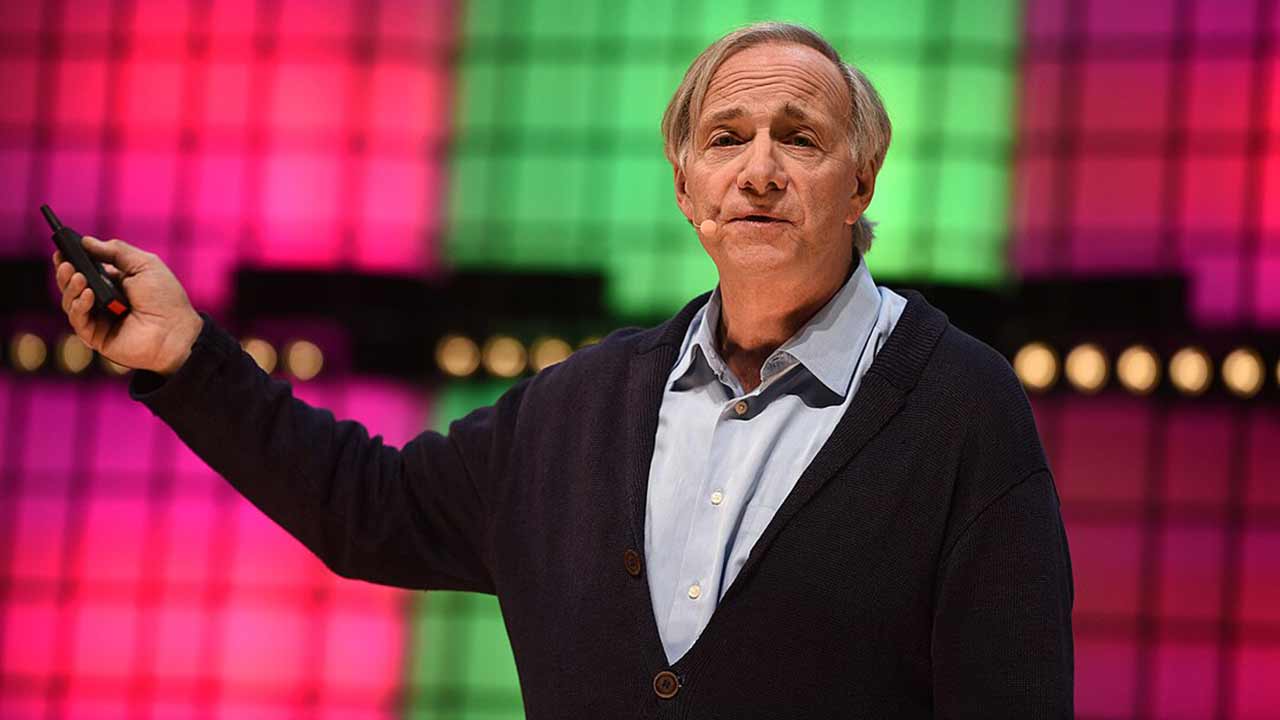It’s easy to assume that billionaires live flashy lives filled with yachts, designer wardrobes, and private jets. But many of the world’s most financially successful people actually follow surprisingly simple money habits. Warren Buffett, Mark Cuban, and others have built massive wealth not by overspending—but by being intentional, frugal, and disciplined with their money. Here are 13 money habits they live by that
Living Below Your Means

One common trait among financially savvy individuals is spending less than they earn. By consistently living below their means, they can allocate more resources toward savings and investments, paving the way for long-term financial stability and growth.
Take Warren Buffett, for example. Despite his immense wealth, he resides in the same modest Omaha home he purchased in 1958 for $31,500. This choice reflects his commitment to a frugal lifestyle, prioritizing financial security over extravagant spending.
Avoiding High-Interest Debt

Steering clear of high-interest debt, especially from credit cards, is crucial for maintaining financial health. High-interest obligations can quickly erode wealth and hinder one’s ability to save and invest effectively.
Billionaire Mark Cuban emphasizes this point, advising individuals to avoid using credit cards due to their high-interest rates. Instead, he suggests using cash or debit cards to control spending and prevent accumulating unnecessary debt.
Investing in Low-Cost Index Funds

Many successful investors advocate for putting money into low-cost index funds as a straightforward and effective investment strategy. These funds offer broad market exposure and typically have lower fees, making them an attractive option for building wealth over time. [Investopedia]
Mark Cuban recommends investing saved money in low-cost index funds, particularly those tracking the S&P 500. He highlights the power of compounding and the importance of a disciplined, long-term investment approach.
Buying in Bulk

Purchasing everyday items in bulk can lead to significant savings over time. By taking advantage of discounts on larger quantities, individuals can reduce the cost per unit and minimize frequent shopping trips. [GOBankingRates]
Mark Cuban advises buying essential items like toothpaste in bulk when they are on sale. This strategy allows consumers to capitalize on lower prices and stock up on necessities, leading to real savings that accumulate over time.
Driving Modest Vehicles

Opting for reliable, modest vehicles instead of luxury cars can result in substantial financial savings. Lower purchase prices, insurance costs, and maintenance expenses contribute to a more economical lifestyle. [Vox]
Warren Buffett exemplifies this habit by driving simple, unpretentious cars despite his billionaire status. He has been known to drive vehicles like a 2006 Cadillac DTS and a 2014 Cadillac XTS, reflecting his preference for practicality over luxury.
Maintaining a Simple Diet

Adopting a straightforward and cost-effective diet can help reduce daily expenses without compromising on nutrition. Simple meals often cost less and can be just as satisfying as more elaborate options. [Business Insider]
Warren Buffett, for instance, frequently enjoys affordable meals from McDonald’s for breakfast. He has been known to spend no more than $3.17 on his morning meal, demonstrating that even billionaires can appreciate the value of a simple, inexpensive diet.
Prioritizing Experiences Over Material Possessions

Valuing experiences over material goods can lead to more fulfilling and less costly lifestyle choices. Investing in personal growth, relationships, and unique experiences often provides greater satisfaction than acquiring physical items.
Mark Cuban, despite his wealth, focuses on meaningful experiences and personal development rather than indulging in extravagant purchases. He emphasizes the importance of continuous learning and spending time with family, highlighting that true fulfillment often comes from experiences rather than material possessions. [People]
Practicing Generosity

Giving back to the community and supporting charitable causes can enrich one’s life and contribute to a sense of purpose. Generosity not only benefits recipients but also fosters personal growth and fulfillment.
Warren Buffett has pledged to donate 99% of his wealth to philanthropy, having already committed 85% to five foundations. His dedication to giving back underscores the importance of using one’s resources to make a positive impact on society.
Investing in Personal Development

Allocating time and resources toward personal growth and education can yield significant long-term benefits. Continuous learning enhances skills, broadens perspectives, and can lead to better financial decision-making.

Alexander Clark is a financial writer with a knack for breaking down complex market trends and economic shifts. As a contributor to The Daily Overview, he offers readers clear, insightful analysis on everything from market movements to personal finance strategies. With a keen eye for detail and a passion for keeping up with the fast-paced world of finance, Alexander strives to make financial news accessible and engaging for everyone.


